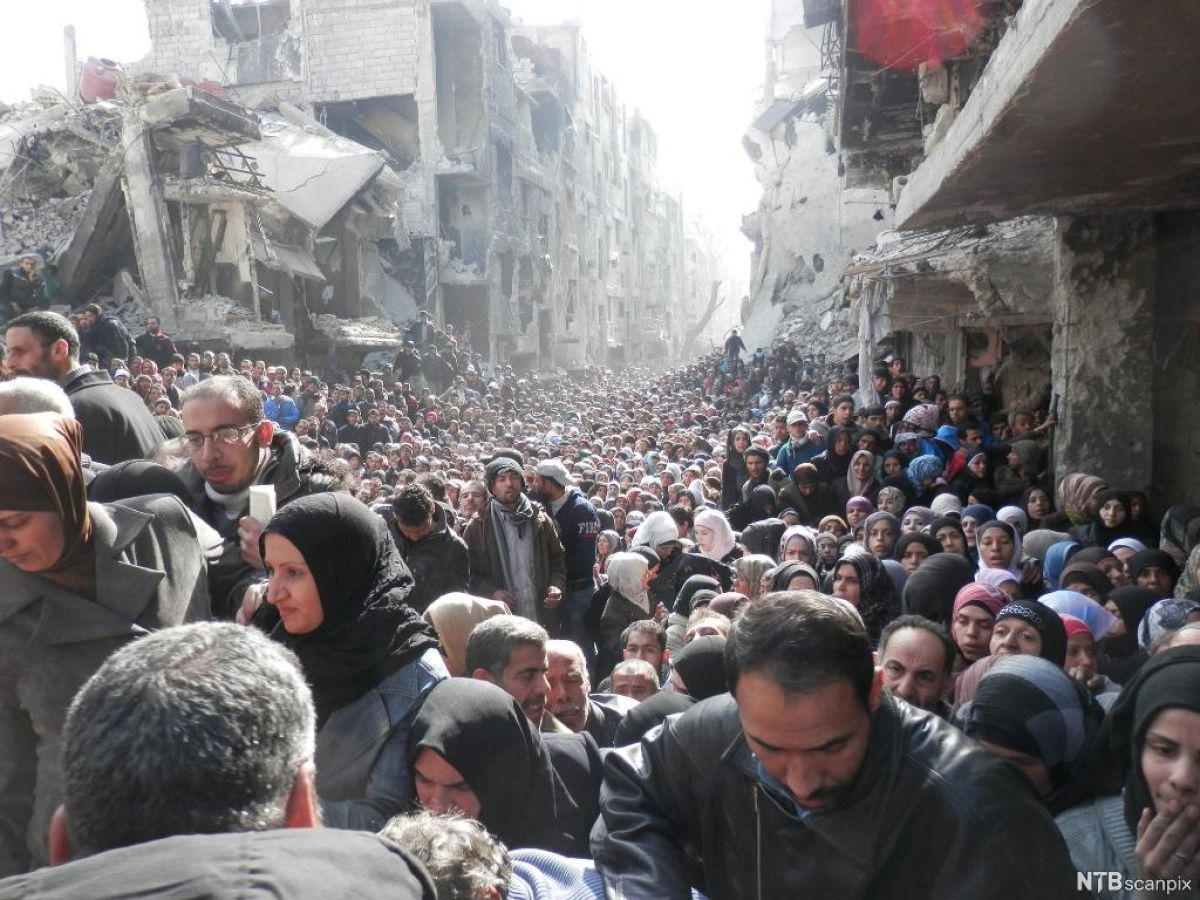Opinion: We want to help … at our convenience

The world watched with bated breath as we saw the horrifying scenes taking place in Afghanistan’s Kabul airport. Throngs of desperate civilians poured over barbed wire and clung onto both civilian and military aircraft as their desperation drove them to grasp at what little chance of survival they had.
After 20 long years, the United States and its allies brought an end to their military presence in Afghanistan, with troops moving themselves and their assets back to their home countries. However, early the next day, gunfire rang through the air as if to herald the beginnings of the Taliban’s rule over Afghanistan. Taliban troops marched into Kabul airport, completely unimpeded. The country was now a “free and sovereign nation” declared a Taliban spokesperson.
In the days following, chaos reigned supreme across the nation’s borders. From neighbouring Iran and Pakistan, to the nation’s main airport in Kabul, residents fearful of the Taliban’s oppressive regime sought shelter wherever they could. And in whichever country would host them. Scenes of tearful parents passing their children to the departing US soldiers, and families desperately searching for safe passage were commonplace in the ensuing pandemonium.
Amid the exodus of refugees leaving the country, the G20 recently concluded it’s extraordinary meeting on Afghanistan to tackle this pressing issue. Hosted by Italy, G20 leaders were quick to come to the consensus that the issue at hand was pressing, and that countries needed to act quickly concerning this humanitarian crisis. In typical international forum fashion, G20 members were quick to pledge money and aid to refugees and aid organisations. Although they were slow – or flat out unwilling – to care for and house Afghan refugees.
Their actions, or lack thereof, have unfortunately come to typify the response that international forums and bodies have to any humanitarian crisis.
Citing risks such as importing terrorism or arguing that they have taken enough refugees, countries are quick to deflect responsibility for housing those seeking shelter.
With the image of the lazy, radicalised refugee firmly cemented in their minds, western powers such as EU nations and the US are quick to paint all refugees with the same brush. That’s even if a family trying to gain refugee status counts well-skilled workers and brilliant children among their ranks. This stereotyping of refugees serves only to reinforce the notion that while they ought to be helped, they should be kept at arm’s length – separate and away from the local populace. This mentality in turn ultimately informs the response that many nations have when it comes to the issue of housing refugees.
Therein lies the problem. This reluctance to recognise refugees and people who require a helping hand not only pushes potential workers away, but also stigmatises those who have come before them, even if they had come through legitimate means. By varnishing all migrants within bias and stereotype, migrants face an increasingly hostile environment. Thus it becomes an ever-harder challenge to integrate into their host nation.
This reluctance to admit potential workers is especially ironic given the ongoing fuel shortage crisis driven by the lack of drivers in the UK. Whilst the country struggles to entice local workers to become drivers, it, just like many other countries across the EU, are turning away refugees, all of whom could serve as potential workers to combat the ongoing crisis.
However, it is not to say that the world’s response to the refugee crisis in Afghanistan is completely off the mark. With aid and resources being pooled together to help Afghans in need, it would be a gross misrepresentation to assert that the world has been wholly indifferent to the plight of the Afghan people. However, more can and needs to be done if we are to break free of the stereotypes and biases. Those which infect the minds of the people and leaders of the rest of the world.
Instead of seeing refugees as burdens and a chore to care for, countries ought to look to refugees as potential skilled labour who are eager to gain skills to support themselves and their loved ones.
With the pool of skilled labour dwindling in the global north, countries can tap into this virtually untapped pool of workers. Workers who would be able to fill up jobs in many of a country’s fledging primary industries. With money and shelter being taken care of, the process of integrating immigrants and refugees would face far fewer speed bumps. Refugees would come to appreciate and integrate into local communities, and form multinational relationships in a foreign country they can call home.
As such, global governments, and the people they represent need to have a radical paradigm shift in the way they view refugees. Instead of looking at those who are different as outsiders and burdens to society, we all ought to embrace them as potential colleagues, friends and most importantly, fellow countrymen.







